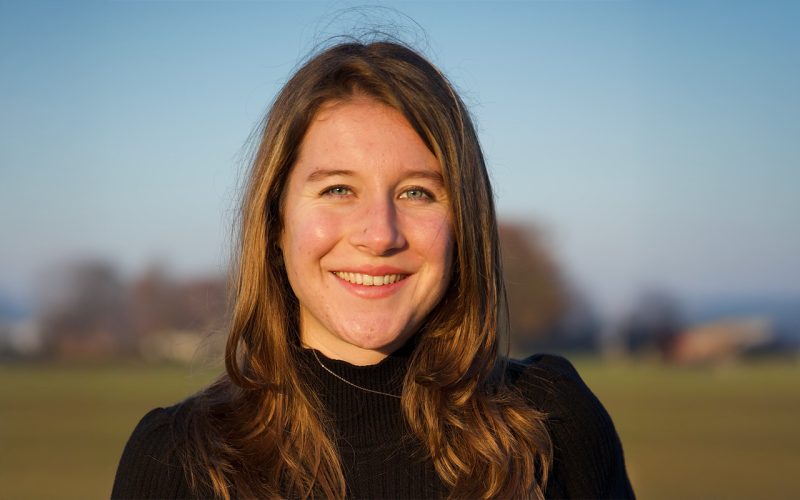The hypothalamus is an essential control centre in the brain. When this area is damaged, which can happen due to a brain tumour or its treatment, but also due to a genetic or syndromic disorder, children can experience a variety of symptoms: extreme hunger, weight gain, hormonal disturbances, behavioural problems, sleep problems, temperature regulation disorders or, conversely, severe underweight. This is called hypothalamic dysfunction. ‘Effective treatment of these children requires long-term, personalised care, with attention to nutrition and lifestyle,’ says physician-researcher Ichelle van Roessel, who obtained her PhD on this topic this week.
Under the supervision of paediatric endocrinologists Hanneke van Santen and Boudewijn Bakker, among others, Ichelle van Roessel investigated how these symptoms arise, how this rare condition can be recognised earlier and, above all, how these children can be better supported. She focused on a questionnaire that was distributed to patients and parents in various countries around the world, a study of dietary and lifestyle interventions that are effective for children with hypothalamic obesity. She also focused on how the condition can manifest itself in different ways.
This condition is rare and therefore not often recognised, so international research is important. She started with a global questionnaire among patients and parents. Ichelle: “We wanted to conduct research that is relevant to patients. Their message was clear: there is an urgent need for appropriate nutritional and lifestyle advice and psychosocial support.”
Ichelle and her colleagues then investigated which dietary and lifestyle interventions are effective for children with hypothalamic obesity. They also developed the ‘HAPPYthalamus’ app: a mobile tool that acts as a lifestyle buddy. “We involved a patient council of teenagers in this. The app encourages children to exercise, make healthier choices and find distractions when they feel hungry, for example through reward systems and games. ’These suggestions came from the patients themselves, and we noticed that younger patients also became enthusiastic.”
Finally, Ichelle and the team demonstrated in their studies that hypothalamic dysfunction manifests itself in different ways. Some children start out severely underweight (diencephalic syndrome), while others quickly develop obesity. Growth hormone levels may be too low or too high; elevated IGF-1 levels, a growth hormone-related marker, may also indicate hypothalamic dysregulation. Hypothalamic dysfunction can even occur in similar causes such as the same tumour can progress differently. “We have listed the symptoms of hypothalamic dysfunction. We have noticed that more and more paediatricians are now contacting us when a patient shows multiple symptoms that could indicate hypothalamic dysfunction,” says Ichelle. “Awareness among paediatricians that this rare condition exists helps patients and parents who are looking for a diagnosis.”
With a view to the future, Ichelle is exploring the possibilities of focusing follow-up research on gaining an even better understanding of hypothalamic dysfunction, but also on making lifestyle interventions more effective through psychosocial counselling for these patients. “The question of how to support these children as effectively as possible continues to preoccupy me.”
The UMC Utrecht and Wilhelmina Children’s Hospital have a centre of expertise for endocrine tumours and offer high-quality care to children and (young) adults with rare tumours in the organs of the endocrine system (endocrine organs), such as the thyroid, pancreas and adrenal glands. In order to offer patients of all ages the best possible treatment, there is close cooperation between the Princess Máxima Centre, UMC Utrecht and Wilhelmina Children’s Hospital.
